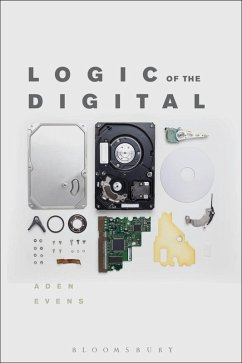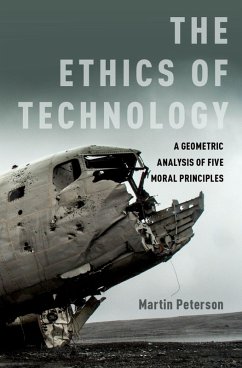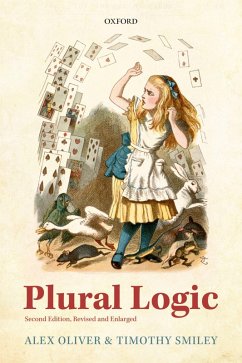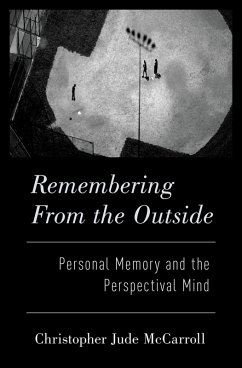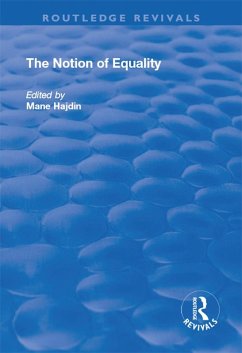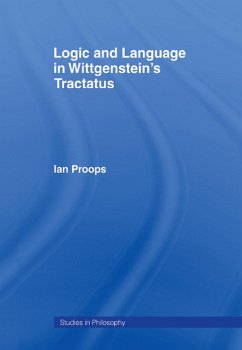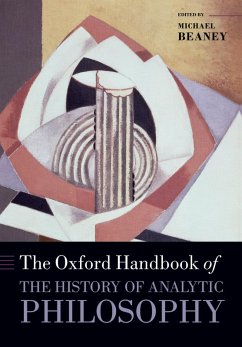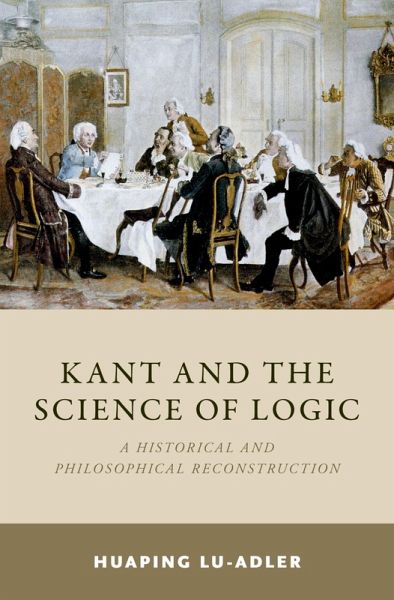
Kant and the Science of Logic (eBook, PDF)
A Historical and Philosophical Reconstruction
Versandkostenfrei!
Sofort per Download lieferbar
38,95 €
inkl. MwSt.
Weitere Ausgaben:

PAYBACK Punkte
19 °P sammeln!
Immanuel Kant's enduring influence on philosophy is indisputable. In particular, Kant transformed debates on the fundamental questions in logic, and it is the significance and complexity of this accomplishment that Huaping Lu-Adler here explores. Kant's theory of logic represents a turning point in a history of philosophical debates over the following questions: Is logic a science, instrument, standard of assessment, or mixture of these? Kant's official answer to these questions centers on three distinctions: general versus particular logic; pure versus applied logic; pure general logic versus...
Immanuel Kant's enduring influence on philosophy is indisputable. In particular, Kant transformed debates on the fundamental questions in logic, and it is the significance and complexity of this accomplishment that Huaping Lu-Adler here explores. Kant's theory of logic represents a turning point in a history of philosophical debates over the following questions: Is logic a science, instrument, standard of assessment, or mixture of these? Kant's official answer to these questions centers on three distinctions: general versus particular logic; pure versus applied logic; pure general logic versus transcendental logic. The true meaning and significance of each distinction becomes clear, Lu-Adler argues, only if we consider two factors. First, Kant was mindful of various historical views on how logic relates to other branches of philosophy and to the workings of common human understanding. Second, he invented "transcendental logic" while struggling to secure metaphysics as a proper "science," and this conceptual innovation in turn held profound implications for his mature theory of logic. Against this backdrop, Lu-Adler reassesses the place of Kant's theory in the history of philosophy of logic and highlights certain issues that are debated today, including normativity of logic and the challenges posed by logical pluralism. Kant and the Science of Logic is both a history of philosophy of logic told from the Kantian viewpoint and a reconstruction of Kant's theory of logic from a historical perspective. It is a vital contribution to the study of Kantian logic.
Dieser Download kann aus rechtlichen Gründen nur mit Rechnungsadresse in A, B, BG, CY, CZ, D, DK, EW, E, FIN, F, GR, HR, H, IRL, I, LT, L, LR, M, NL, PL, P, R, S, SLO, SK ausgeliefert werden.




